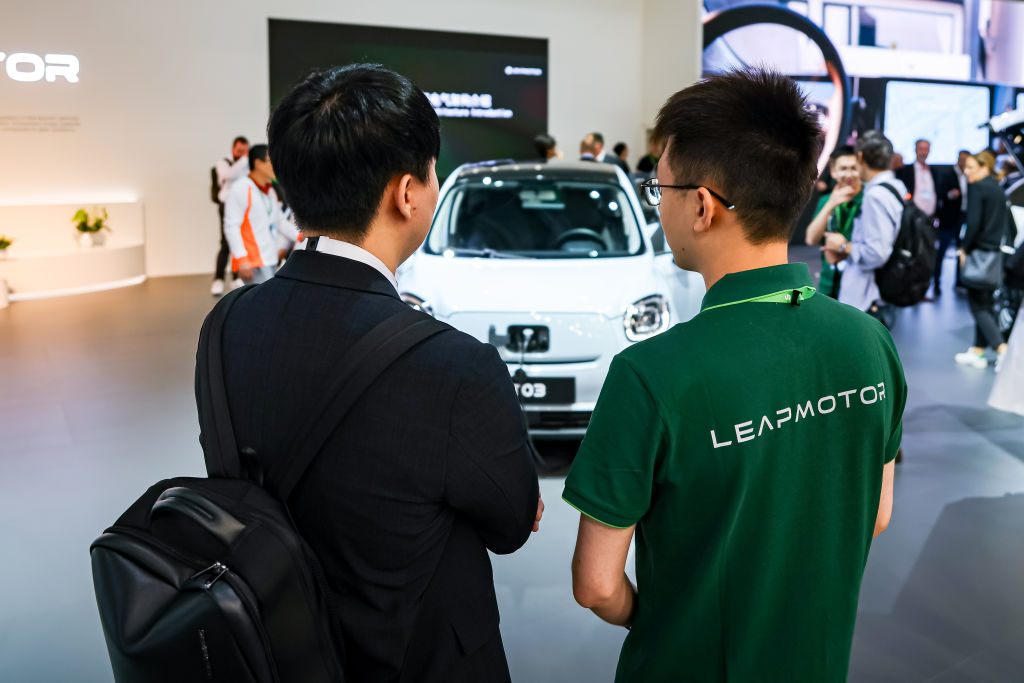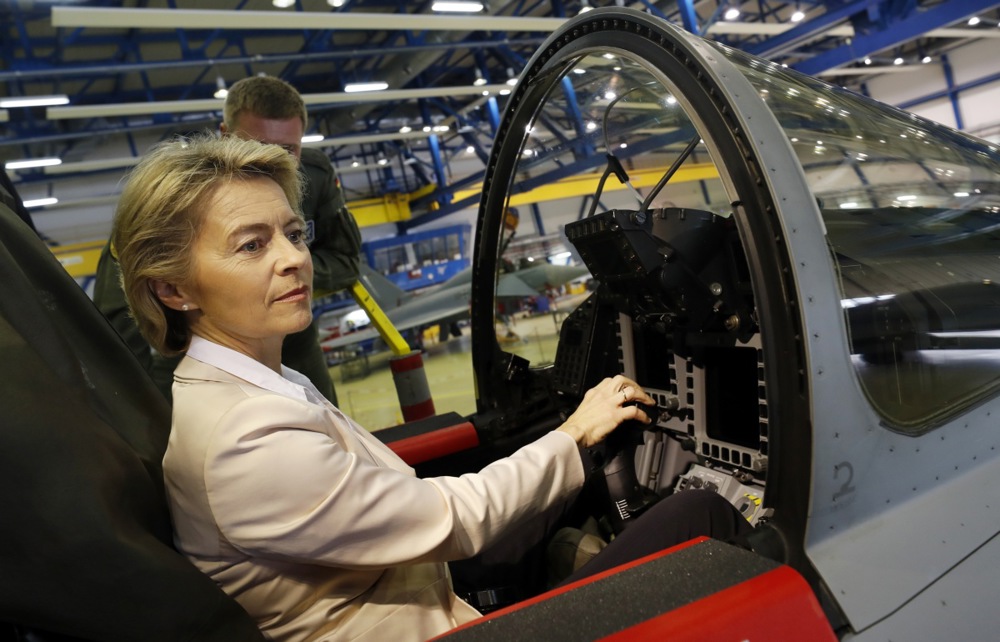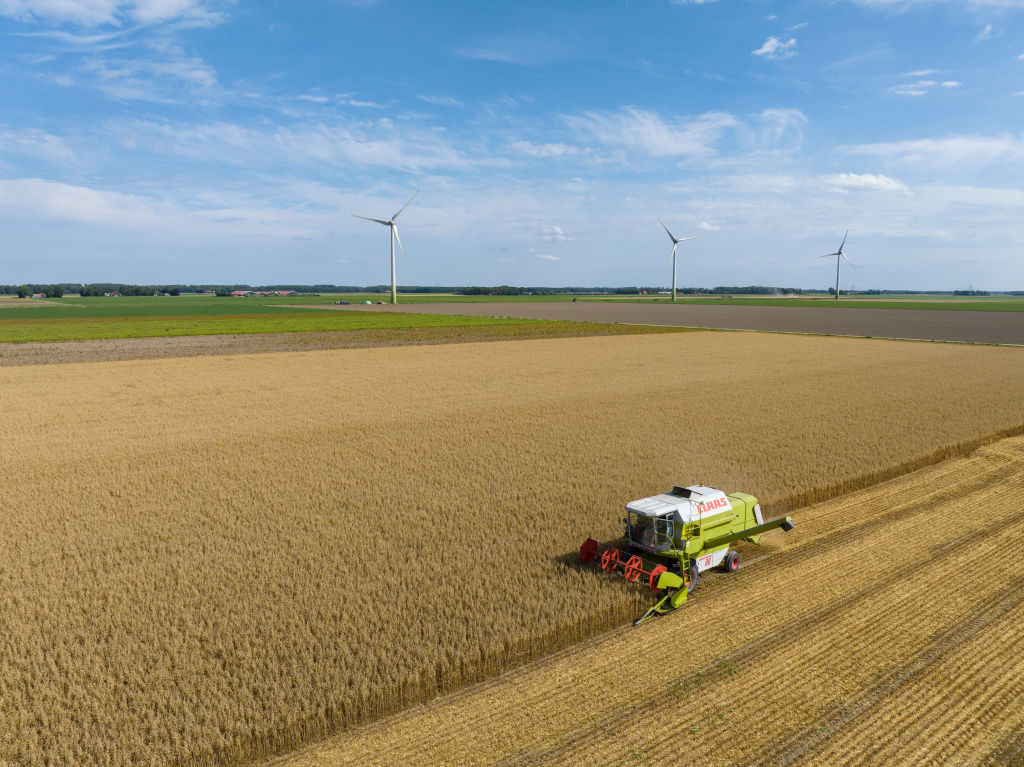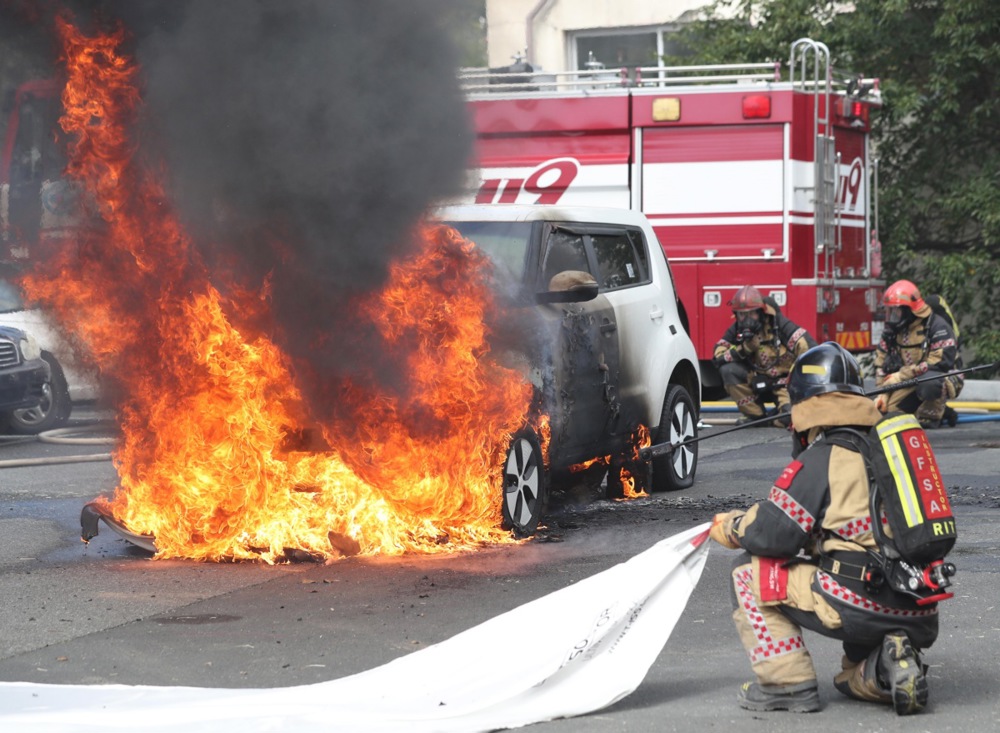A European Union-backed trade agreement with the UK will cost the continent’s car manufacturers billions, an industry group has claimed.
The European Automobile Manufacturers Association (ACEA) has warned that a so-called “rules of origin” clause in the EU-UK trade agreement will negatively impact electric car sales.
Although the agreement allows such vehicles to be exported tariff-free to the UK, the rule only applies if significantly more than half of a car’s retail value originates from parts manufactured in the EU.
This will allegedly leave many electric vehicles (EVs) outside the scope of the exemption due to their expensive batteries, which are almost always produced at least partly outside the bloc.
“The only way to avoid these duties will be to source all battery parts and some critical battery material in the EU/UK,” an ACEA press release read.
ACEA is now asking the European Commission to step in to rectify the issue, warning that the additional tariffs could end up costing the EU’s automotive industry €4.3 billion over the next three years.
“Driving up consumer prices of European electric vehicles, at the very time when we need to fight for market share in the face of fierce international competition, is not the right move – neither from a business nor an environmental perspective,” said ACEA President Luca de Meo, who also serves as the Chief Executive of Renault.
He added that the EC should be looking to support the EV industry as part of its “green” transition.
“There is a very simple and straightforward solution: extend the current phase-in period for battery rules by three years,” he added, urging Brussels to “do the right thing”.
German carmaker Volkwagen is struggling over a collapse in sales of electric vehicles. https://t.co/h0IOUqyHvQ
— Brussels Signal (@brusselssignal) July 17, 2023
The warning comes amid increasing problems for Europe’s automotive industry, which has struggled to transition away from combustion-engine vehicles in the new “electric age”.
While previously dominant in the petrol and diesel era, European manufacturers have lost market share to rivals in China and the United States. The EU is lagging behind on central elements of EV production, such as technological knowhow and the availability of rare-earth elements required for battery manufacture.
With giants such as Volkswagon failing to bolster its electric vehicle sales, Brussels has accused foreign powers of unfairly propping up their own EV sectors.
Particular emphasis has been put on investigating the state aid China is providing its automotive industry, with the EU announcing a probe into the Communist country’s actions earlier in September.
Beijing has not taken kindly to the investigation, accusing the “flailing” EU of resorting to protectionism to stay afloat.
“China believes the investigative measures proposed by the European Union are in reality to protect its own industry in the name of ‘fair competition’,” the country’s commerce ministry claimed.
“It is a naked protectionist act that will seriously disrupt and distort the global automotive industry and supply chain, including the EU, and will have a negative impact on China-EU economic and trade relations.”
A forthcoming EU probe into Chinese electric cars entering Europe has angered Beijing. https://t.co/02XdlOFYgv
— Brussels Signal (@brusselssignal) September 15, 2023





